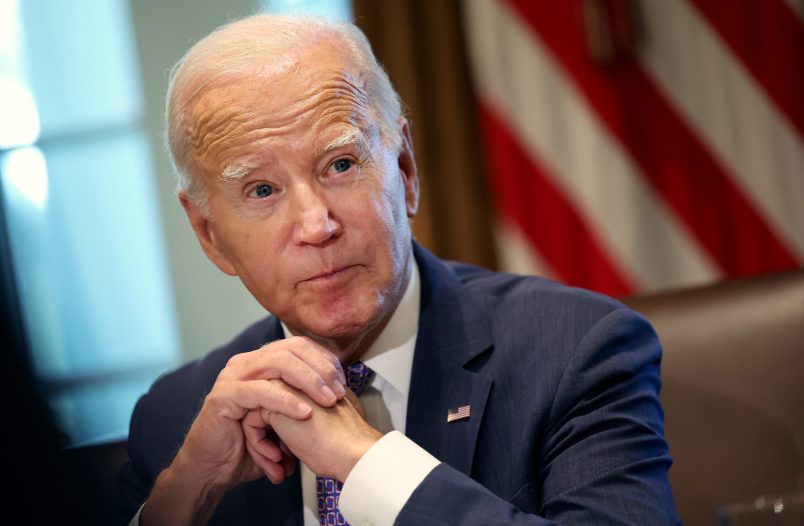Today I got an email from a publication you know the name of telling me that they’re very excited to announce that they’re starting a membership program. They’ve already been taking contributions for a number of years despite being owned by two megacorporations and having a history as an aggressively funded VC start up. This isn’t a publication I tend to read often, but it’s one many people do. And they employ lots of first-rate journalists.
(They addressed me as a former contributor, which I’m pretty much certain isn’t accurate. Which suggests some of the slapdashedness of the pivot to membership and doesn’t bode well for the corporate overlords’ patience with this new direction.)
But it suggested to me a small policy idea that could be a part of the solution to some current woes of the journalism industry. It’s no silver bullet. And there other policy ideas people are backing. But here’s mine.
I subscribe to lots of indy publications, even many I don’t read often or frequently don’t agree with. It’s sort of a karmic repayment for my good fortune in life. I apply a totally different standard to publications owned by big mega-corporations.
I know from personal experience that it is really, really hard to stand up a membership program. That is especially so now since the membership world is quite saturated. We started all the way back at the end of 2012. And it’s still been a significant challenge. I have also seen a lot of publications just plug-pulled out of existence in recent years. There are a lot of digital publications currently owned by big corporations which are either losing money or, at best, just breaking even. For all of those publications it’s really just a matter of time.
One possible good policy response would be to create a framework in which the corporate owner could gift the publication either to its current staff or to a non-profit organization, write a long term loan that would give it the capital to continue its burn for a short but realistic interval. Then the corporation gets some kind of tax preferment for doing this rather than shuttering the publication.
There are a number of things you’d have to think through to craft the law to avoid handing out tax goodies without any good public purpose. You need to make sure it’s structured in a way that the publication has some hope of making the transition. Lots of complicated details. But in concept at least I think it is worth exploring. When Corporation X shutters Site Y, everyone loses their job and it’s a total loss for the corporation. Maybe they keep the IP on their books. But if that IP is news, the value is very, very limited. Or maybe they try to reap some marginal value from the URL as a traffic farm for another six months. But basically everyone loses.
Many of these sites have real audiences and either aren’t losing much money or are close to breaking even. Barely breaking even is a waste of time for corporations. But a site can do fine as a break-even enterprise. TPM runs as basically a break-even operation and I think I can say that we’re pretty happy with it. The obvious path for most of these publications is membership (which is far more realistic for an independent publication than for one that is an asset of one of the biggest corporations in the world) or one in which membership plays a large role. As I said, that’s really hard to do. But why not try?
There are some laws that facilitate things like this. But they’re not specific to the particulars of journalism, at least as far as I know.
Again, the precise details I’ll leave to others. But the concept is simple. Create a meaningful tax benefit for a corporation that is willing to free rather than shutter a publication that has become non-economic (either break-even or money-losing). Preserve or offset whatever tax benefit is created by booking the loss on the initial purchase of the publication. You need to structure the arrangement so that the publication gets enough of a glide path to make a successful transition at least be plausible. A loan from the corporation is the most logical thing and the value of that loaned cash must be figured into the logic of the tax preferment. For some publications in this situation there’s a commonality of interests between the corporate owner and the publication itself. Good public policy could bridge that commonality of interest and lock it in.






